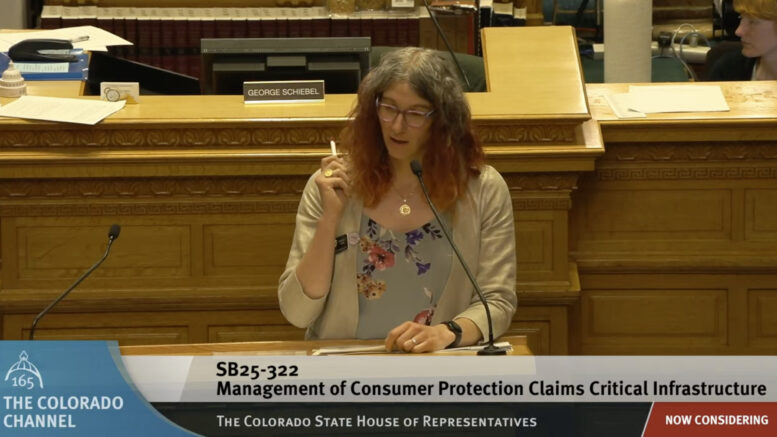
Colorado’s statehouse was buzzing late into the night as lawmakers wrestled with a high-stakes question: Should the state delay the rollout of its landmark artificial intelligence regulations? In a dramatic turn, efforts to push the deadline back to 2027 failed, setting the stage for a busy offseason as officials and stakeholders scramble to address concerns before the rules take effect in February 2026.
The Stakes: Why Colorado’s AI Law Matters
Colorado’s AI regulations are among the most comprehensive in the nation. They require AI developers to disclose how their systems are trained, notify consumers when AI is making consequential decisions (like hiring or healthcare), and provide clear appeals processes for those affected. The law aims to protect consumers from discrimination and ensure transparency in a rapidly evolving technological landscape.
But with innovation comes uncertainty. Businesses, school districts, and even members of Congress voiced concerns that the rules, as written, could be too burdensome, potentially driving companies out of Colorado or stifling innovation. Governor Jared Polis and other leaders urged lawmakers to extend the deadline, hoping for more time to craft a balanced, future-ready framework.
Late-Night Drama: The Push for a Delay
The legislative drama unfolded just before midnight. Representative William Lindstedt introduced a surprise amendment to delay the regulations, arguing that more time was needed to get the rules right and avoid unintended job losses. Supporters raced against the clock, knowing that if they didn’t act before the session ended, they might be called back for a special session.
On the other side, Representative Brianna Titone, a key architect of the AI law, pushed back. She argued that further delays would only benefit large tech companies and leave consumers unprotected. Titone insisted that the offseason provided enough time to address concerns and that the urgency should be on finding solutions, not postponing accountability.
What Happens Next?
With the extension effort failing as the clock struck midnight, Colorado’s AI regulations remain on track for a February 2026 launch. This means:
- State officials and stakeholders will work intensively over the summer and fall to refine the rules.
- Businesses must prepare for new compliance requirements, including transparency and consumer notification.
- Lawmakers may revisit the issue in the next legislative session if consensus emerges on needed changes.
Actionable Takeaways for Businesses and Consumers
- For Businesses: Start reviewing your AI systems now. Ensure you can document how your models are trained, set up processes for consumer notifications, and prepare for potential appeals. Engage with industry groups and lawmakers to voice your concerns and suggestions.
- For Consumers: Stay informed about your rights under the new law. If you’re affected by an AI-driven decision, you’ll have the right to know and to appeal.
- For Policymakers: The coming months are critical for collaboration. Open dialogue between business, consumer advocates, and lawmakers will be key to crafting workable, effective regulations.
Frequently Asked Questions
- What are Colorado’s new AI regulations?
- They require transparency from AI developers, consumer notifications, and appeals processes for consequential decisions.
- Why did lawmakers try to delay the deadline?
- To allow more time for refining the rules and addressing business concerns.
- What happens now that the extension failed?
- The regulations are set to take effect in February 2026, with ongoing efforts to address outstanding issues.
- How will these regulations impact businesses?
- Companies will need to comply with new transparency and consumer protection requirements, which may require operational changes.
- Can the regulations still be changed before they take effect?
- Yes, but any changes would require legislative action before the implementation date.
In Summary
- Colorado’s AI regulations are moving forward for a February 2026 rollout.
- Efforts to delay the deadline failed after a dramatic late-night legislative session.
- Businesses and consumers should prepare for new requirements and protections.
- Lawmakers and stakeholders will continue working to refine the rules.
- The coming months are crucial for collaboration and compromise to ensure effective, balanced AI oversight in Colorado.

